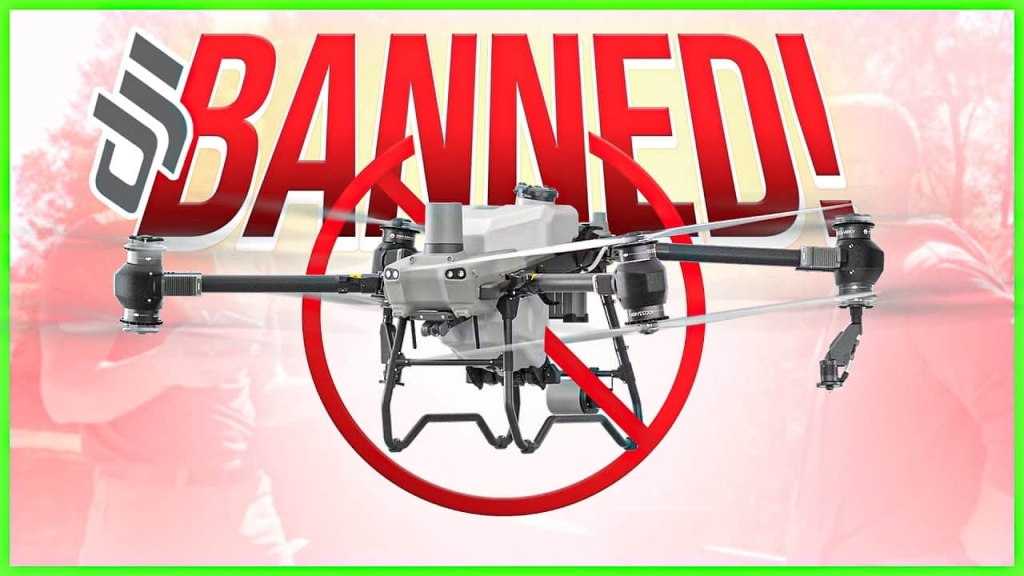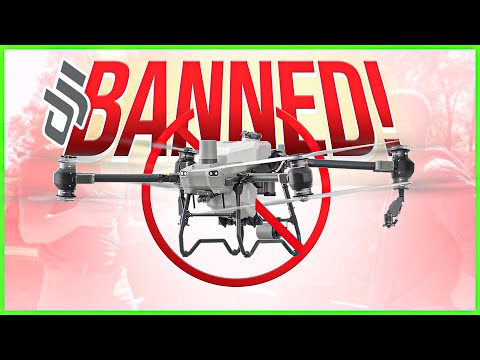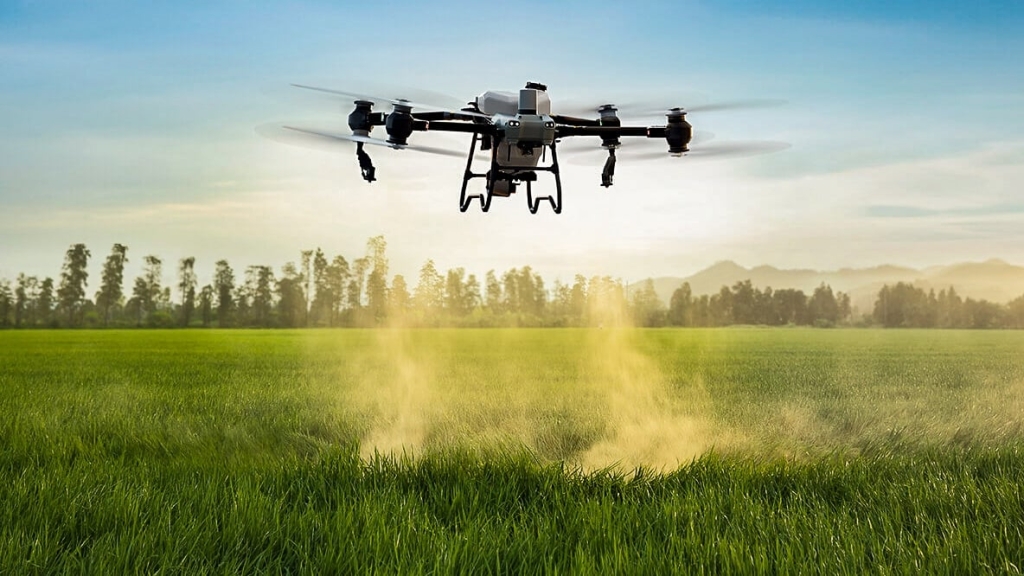DJI Drone Ban Myths Debunked: Your Drone Won’t Be Bricked Or Fall From Sky

A viral misinformation campaign is spreading false claims that a potential FCC ban would disable existing DJI drones, rendering millions of devices worthless. Drone dealers are pushing back with facts about what an FCC ban actually means. In a detailed video response, nuWay Ag drone dealer confronts widespread myths circulating at commercial drone expos, where competitors allegedly told customers their DJI controllers would stop connecting to drones, firmware updates would brick devices, and replacement parts would become illegal. None of this is true.

What an FCC Ban Actually Does
An FCC ban only prevents new products from receiving licenses to enter the U.S. market—it doesn’t affect existing approved devices. To demonstrate this, the dealer showed a Huawei P30 smartphone still operating normally six years after Huawei faced an FCC ban in 2019.
“This phone is allowed in America, but they were also banned,” the dealer explained, demonstrating full T-Mobile connectivity and app functionality. “What wouldn’t work for this company is bringing say a new model, say it’s the P40 or the P50, that is not available to come into the United States because after that FCC ban went into law, they could not bring new technology.”
The phone still receives updates, connects to cell towers, and replacement parts remain legal—exactly how existing DJI drones would function under a similar ban.
Your Existing DJI Drones Are Safe
The proposed FCC ban, which hasn’t even passed yet, would only prevent future DJI models from entering the market. Current drones like the T50 agricultural sprayer already have FCC licenses that can’t be easily revoked.
“It’s almost impossible for them to revoke an FCC license,” the dealer noted. The DJI T100, for example, received its FCC license years ago and would remain fully operational and legal. Parts availability won’t be affected either. “If you have a motor go bad, get a hold of us. We’ll sell you the motor, the propeller,” the dealer confirmed, emphasizing that servicing agricultural and thermal imaging drones remains viable for years.
Where the Misinformation Originates
The false claims reportedly spread at the Commercial UAV Expo in Las Vegas, where American drone manufacturers with “90% China parts” allegedly used fear tactics to push customers toward their products.
“Maybe try to sell spray drones that these drones are really good and his maybe isn’t as good if he can fear you into thinking that this drone will no longer spray,” the dealer suggested, noting the obvious financial incentive behind the scare tactics.
The technical claims also don’t make sense. Radio frequency communications between controllers and drones can’t be selectively disabled by government mandate for specific consumer products—particularly equipment critical to American agriculture.

DroneXL’s Take
This misinformation campaign reveals how high the stakes are in the commercial drone market. While legitimate national security discussions about Chinese-made technology deserve serious consideration, weaponizing fear with demonstrably false technical claims crosses an ethical line.
The Huawei comparison is particularly instructive. Six years after that FCC ban, those phones still work perfectly—undermining the entire “your drone will be bricked” narrative. If anything, this episode highlights how American drone manufacturers need to compete on innovation and features, not fear-mongering.
Should the FCC ban pass, DJI drone operators can breathe easy knowing their investments remain protected. The real question is whether this controversy will accelerate American drone development or simply create market confusion.
What’s your take on the DJI ban debate? Have you encountered similar misinformation at industry events? Share your experiences in the comments below.
